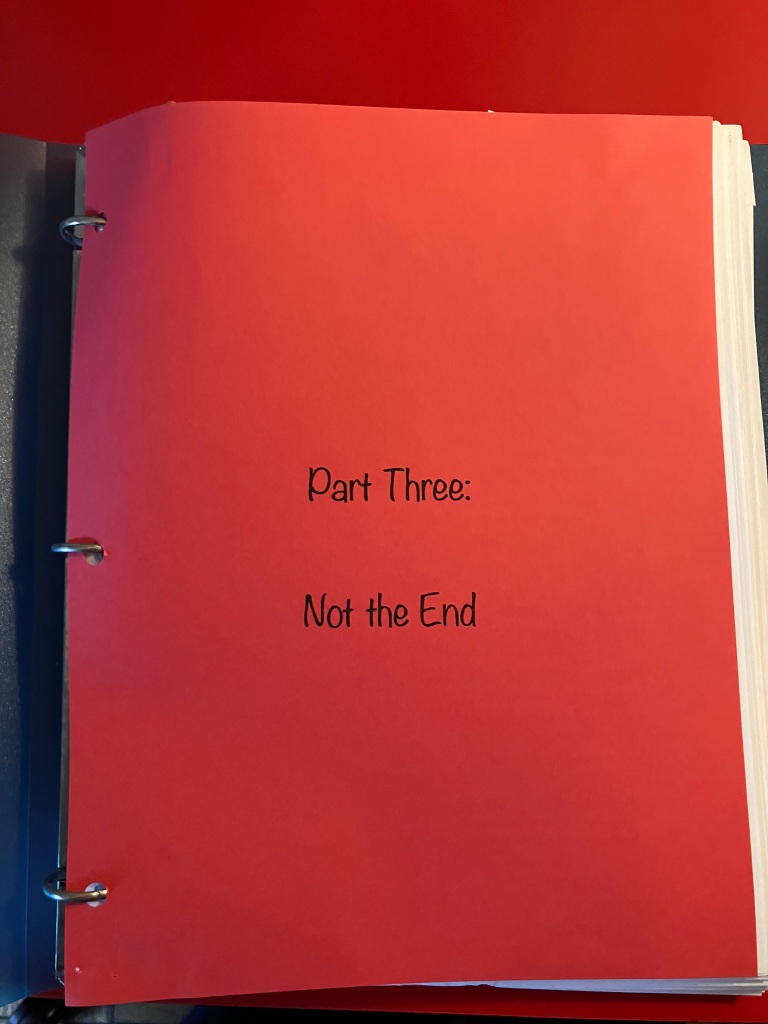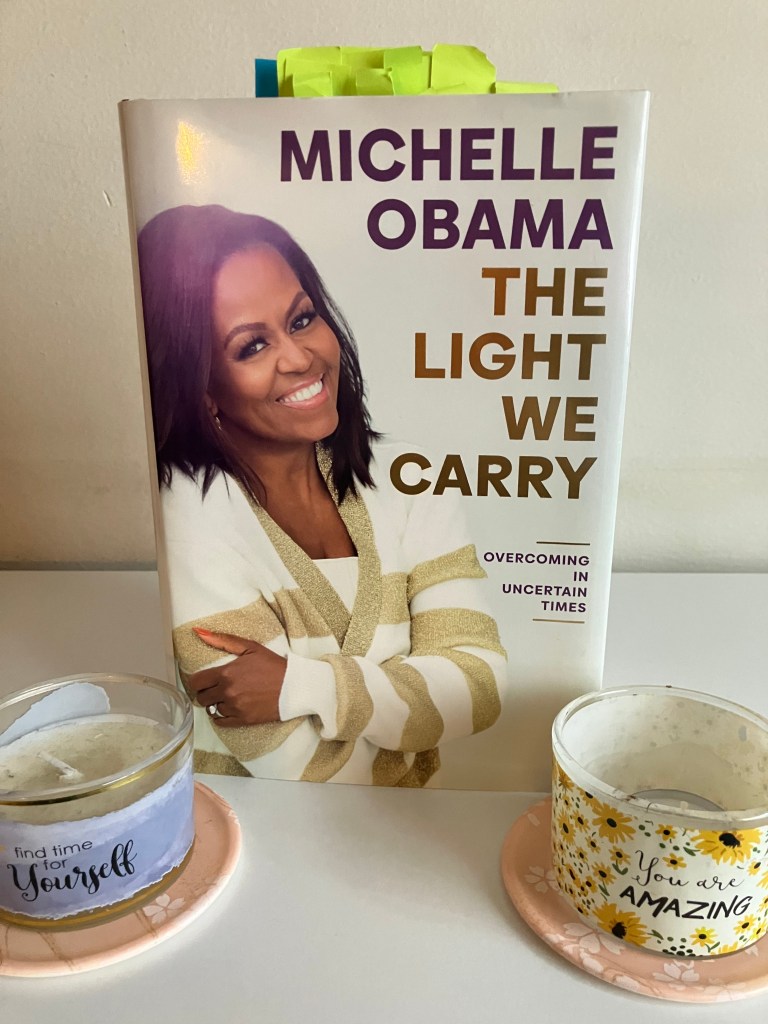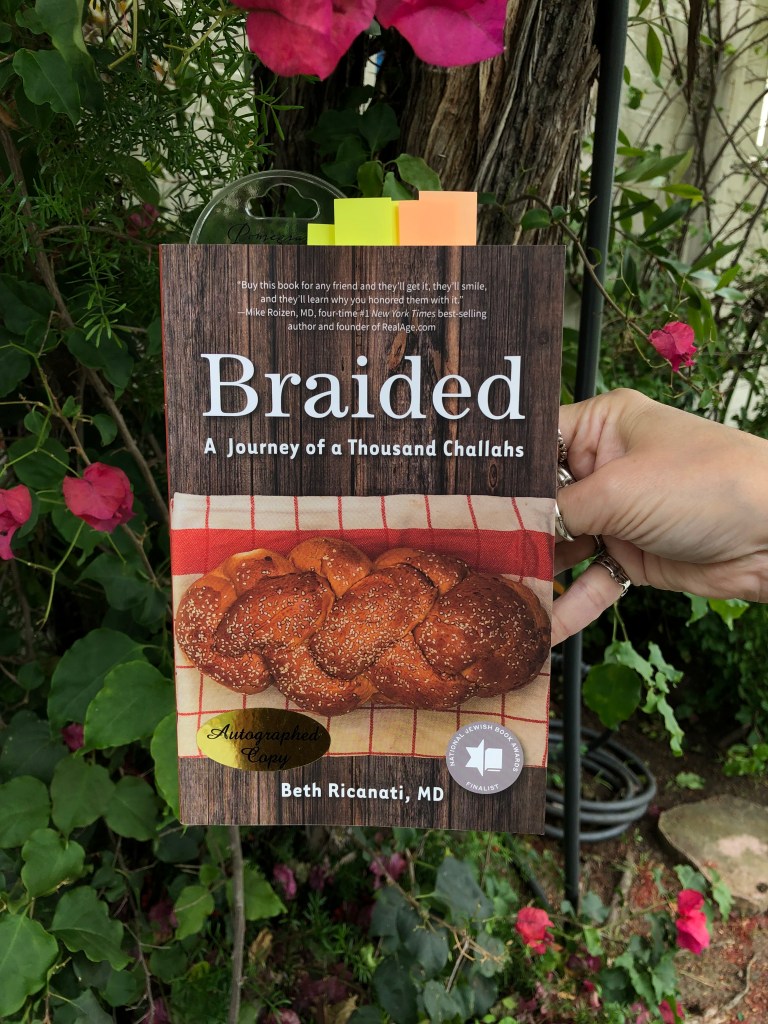It is absolutely appropriate to judge a book by its cover, especially when it comes to Julie Chavez’s memoir, Everyone But Myself.
Between the title and the illustration on the front cover, you have a strong sense of what this book is about. This memoir is another example of an author writing the specifics of her life, and in doing so, making it universally appealing to others who “get it.”
In her note to the reader, Ms. Chavez writes:
“Although the details vary, I’m not alone in this story. Many women ask the same questions I did: How do I respond to all the asks of the world without losing my sense of self — my interests, my desires, my dreams — in the process? How do I remain whole so that, underneath all the repetitive and the annoying and the boring, I can revel in the privilege and miracle of a perfectly messy life?”
Many moms, and I think women in general, experience this struggle; the need to care for others around us while not caring for ourselves.
These are just a few of the passages that resonated with me:
“Since those early newlywed days I’d discarded heaps of useless advice and ideas, and I’d also learned the difference between distance and space. Distance grew from the accumulation of tiny resentments, the swallowed frustrations that are an inevitable part of coexistence between two imperfect humans. Space, on the other hand, was a necessity, creating room for our deepest needs: respite, rest, recovery.”
“I believed that I would be most fulfilled by being indispensable, that I was loved because I was needed. Protecting space for ourselves may be an issue for those around us, those who are accustomed to our endless availability. But it’s an act of self-care, of self-love, to say, ‘No, this space — this time — belongs to me.’ ”
“It was quiet. I found momentary respite from my world, from its loss and need and upheaval. It was just me, there with myself, the part of me that exists outside of my disparate pieces and roles and obligations and imagined obligations.
I’m enough, I thought. And I’m okay.
One step forward.”
“ ‘You’re handling a lot right now,’ Kim said. ‘I’m not surprised you’re feeling sad.’
These basic affirmations from Kim were invaluable. It was reassuring to hear her observations that my plate was indeed full, that hard things were justifiably hard, that what I was feeling or experiencing was normal. I’d done years of unappreciated work, and the person who appreciated my efforts least had been me. Kim was training me to see this invisible load, to count it as valid and worthy of attention and accommodation. She reminded me that it was normal to have bad days and normal to be an emotional, feeling person in a fucked-up world. Feelings weren’t an early warning sign I was an unbalanced nut. I was merely responding to the ups and downs of life.”
“The changes I had made were small but impactful. I asked for help slightly more often, and I said no far more often. I embraced rest and put some items on my to-do list purely because they brought me joy.”
“Even though I’d occasionally painted them as insatiable leeches, the people who loved me wanted me to take time for myself. They wanted me to balance my needs with theirs, to be well and whole. I was allowed to hand off responsibilities to my husband, my kids, and others, and I was even allowed to phone it in if that’s what was best for my overall balance and wellness.”
“Therapy with Kim helped me rewrite some of the stories I had grown accustomed to telling myself. She taught me that worrying didn’t necessarily make the future brighter, but it did make the present darker.”
“I was learning to ask myself the question I’d ask someone I love: What do you need? And then whatever answer arrived — be still, exercise, meditate, lie on the couch with a book, text Kim some depressed-looking bitmojis and ask if she has appointments available — I did it.”
Please note: I am including a link to buy the book that I’m highlighting this week. If you use my link, I do make a small commission on your purchase at no additional cost to you. I am working with Bookshop.org which also sends a portion of the profit to support local, independent bookstores.









